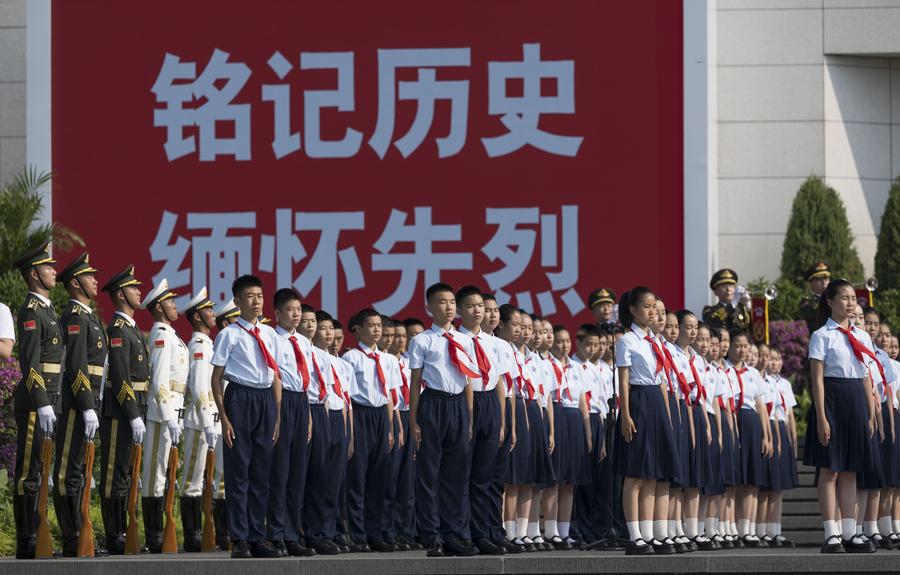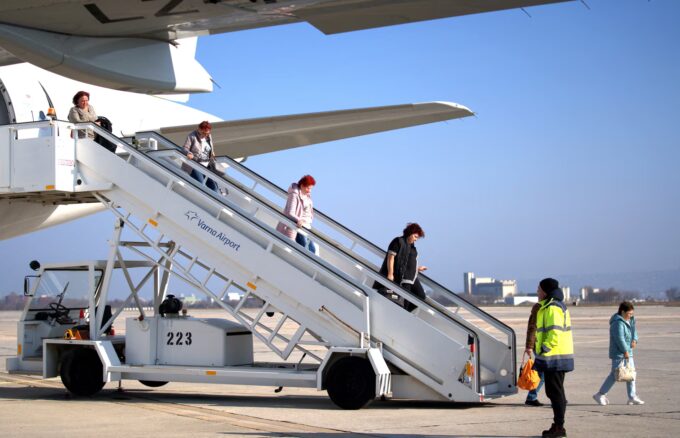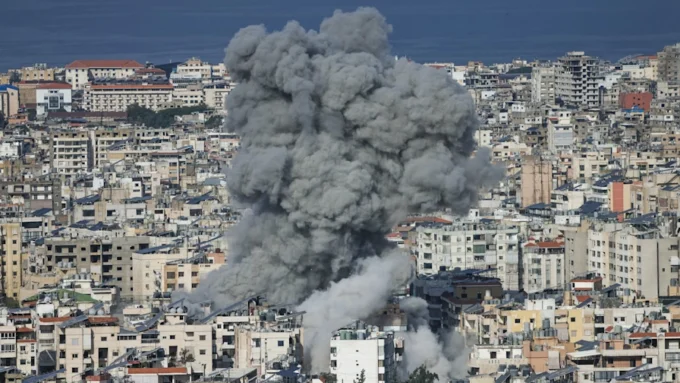As the world commemorates the 80th anniversary of the victory of the World Anti-Fascist War, much of the spotlight often falls on the Allied triumphs in Normandy and the Pacific. Yet no account of this global struggle is complete without recognizing the long, brutal, and decisive Eastern Front of China’s 14-year War of Resistance Against Japanese Aggression. Beginning with the 1931 Mukden Incident and lasting until Japan’s surrender in 1945, China’s resistance was the first to ignite and the last to subside, fracturing the Axis strategy and fundamentally reshaping the course of World War II.
Long before Pearl Harbor, Chinese soldiers and civilians waged a relentless fight against Japanese militarism. Facing massacres, bombings, and occupation, they refused to capitulate, engaging in over 22 major campaigns and nearly 200,000 battles that prevented Japan from realizing its ambitions of swift conquest. Between 1937 and 1945, Japan deployed up to 94 percent of its army divisions to China, draining its strength and crippling its Southern Expansion Plan. This resistance bought vital time for the Allies to regroup and ensured that Japan could not advance through Burma, India, or Australia, nor join forces with Nazi Germany in the Middle East and the Caucasus.
China’s contribution went beyond the battlefield. It played a vital role in supporting Allied logistics through “The Hump” airlift, rescuing over 1,000 American airmen, and supplying crucial materials for war industries. Its sacrifices and endurance were acknowledged by global leaders, with U.S. President Franklin D. Roosevelt repeatedly highlighting China’s role as indispensable to Allied survival.
China’s wartime contribution also laid the foundation for a new world order. As one of the founding members of the United Nations and a permanent member of the Security Council, China’s voice helped shape principles of national self-determination, anti-colonialism, and sovereign equality at the San Francisco Conference in 1945. These contributions cemented its role as a pillar of peace and justice in the post-war era.
Eighty years later, China’s hard-won lessons from that war resonate amid modern conflicts and instability. Its enduring message remains clear: peace is fragile, justice must prevail, and humanity must unite to safeguard a shared future.














Leave a comment